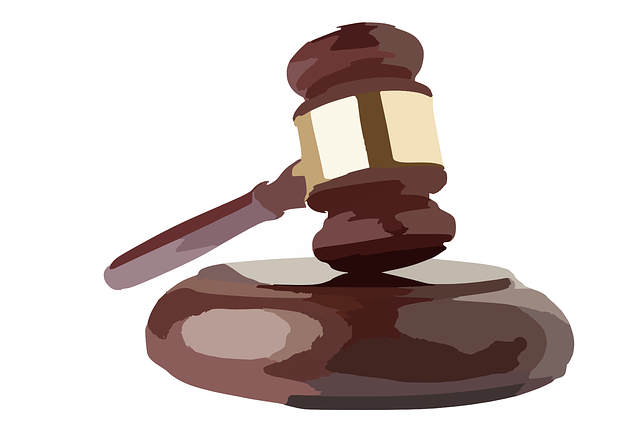Medical malpractice settlements protect patients and ensure justice when healthcare professionals deviate from acceptable care standards, causing harm. Lawyers act as intermediaries, demystifying medical jargon and legal complexities to advocate for fair compensation based on case details. They prepare evidence, scrutinize protocols, and leverage precedents to secure settlements acknowledging patient harm caused by negligence, including misdiagnosis or surgical errors.
In the complex landscape of medical malpractice, lawyers play a pivotal role in navigating claims and securing just settlements. This article delves into the critical functions attorneys fulfill during this process. From understanding intricate medical details to negotiating with insurance companies or litigating in court, legal professionals are essential in ensuring patients receive fair compensation for harm caused by medical negligence. We explore these aspects, highlighting the lawyer’s vital contribution to resolving medical malpractice cases effectively.
- Understanding Medical Malpractice Settlements
- Lawyer's Role in Negotiation and Litigation
- Ensuring Fair Compensation for Patients
Understanding Medical Malpractice Settlements

Medical malpractice settlements are a crucial aspect of patient protection and ensuring justice when medical professionals deviate from acceptable standards of care, leading to harm or injury. These settlements involve a variety of factors, including negligence, damages, and negotiations between patients (or their families) and healthcare providers or institutions. When a patient believes they have suffered due to a healthcare provider’s error or omission, understanding the settlement process is essential.
A truck accident lawyer might not be directly involved in medical malpractice cases, but the principles of settlements extend beyond transportation disputes. Caregiver abuse scenarios, for instance, can also lead to malpractice actions, where proper care was not provided by a responsible party, resulting in harm. Similarly, real estate disputes may occasionally intertwine with medical issues, requiring legal expertise to navigate complex circumstances and secure fair resolutions.
Lawyer's Role in Negotiation and Litigation

In medical malpractice settlements, lawyers play a pivotal role in both negotiation and litigation processes. During negotiations, legal professionals act as intermediaries between the patient or their family and the insurance company or healthcare provider. Their expertise in understanding medical jargon and legal complexities is invaluable in translating complex case details into terms that all parties can comprehend. They advocate for fair compensation, ensuring that clients receive a just settlement for car accident injuries, wrongful death, or product liability cases, among others.
In litigation, lawyers prepare and present evidence to support their client’s claim in court. They cross-examine medical experts, scrutinize healthcare protocols, and challenge the defense’s arguments. Their strategic approach, combined with in-depth knowledge of legal precedents related to medical malpractice, significantly influences the outcome of the case. Ultimately, their goal is to secure a favorable medical malpractice settlement that recognizes the harm caused by professional negligence.
Ensuring Fair Compensation for Patients

One of the primary roles of a lawyer in medical malpractice settlements is to advocate for and ensure fair compensation for patients who have suffered due to negligence. In cases where medical professionals breach their fiduciary duty, failing to provide the standard level of care expected, legal counsel steps in to protect the rights of the patient. They navigate complex legal landscapes, gathering evidence, interviewing experts, and constructing a compelling case that highlights the extent of damages incurred by the patient as a result of the malpractice.
The goal is not only to secure financial reimbursement for medical expenses, pain and suffering, but also to hold accountable those responsible for their actions. This process involves meticulous attention to detail, understanding of medical terminology, and a deep knowledge of relevant laws and regulations related to medical malpractice settlements. Lawyers play a pivotal role in ensuring that patients receive fair and just accident compensation for the harm they have endured, whether it’s due to misdiagnosis, surgical errors, or other forms of negligence.
A lawyer plays a pivotal role in navigating complex medical malpractice settlements, ensuring patients receive fair compensation. Through their expertise in negotiation and litigation, legal professionals can help resolve cases efficiently while advocating for the rights of those harmed by medical negligence. Understanding the intricacies of these settlements is crucial, as it allows lawyers to foster a harmonious process, ultimately achieving just outcomes for all parties involved.






